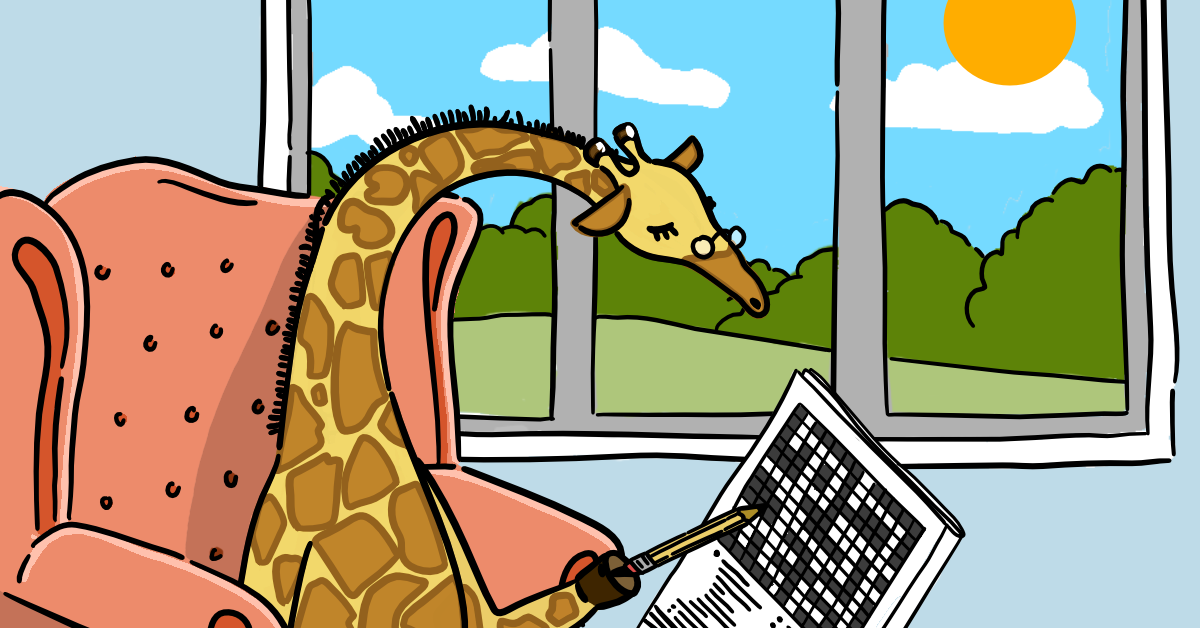Earth, Sleep, Sagan, Food, Space
I Dream of Canteens
Rebecca May Johnson | Dinner Document | 30th April 2019
Perfection in small things. An IKEA cafeteria is civilisation done right. "There is a space for everyone; chairs and tables and cleaned toilets. There is time for everyone. No one is asked to leave and no one worries about out-staying their welcome. There are no laminated signs about eating food bought elsewhere. In the fine Western tradition of hospitality, dating back to Homer’s epics, no one who is hosted here will be asked to leave, and everyone will be fed and watered and allowed to wash without question" (2,250 words)
My Parents Are Flat-Earthers
James Fisher | 20th January 2019
“What’s the point of being a conspiracy theorist? An under-acknowledged reason is that it’s fun! You get to do research. You get to conduct experiments. You get to participate in a global club. You get to surprise people with new ideas, challenging the person next to you on the plane to find the curvature of the horizon. And it’s fun for me, too. At your family dinners, instead of banal chat about holidays and food, wouldn’t you prefer interesting conversations about evolution and astronomy?” (1,190 words)
Perchance To Dream
David Schwartz | Reverse Shot | 10th April 2019
Notes on watching Andy Warhol’s 1964 film, Sleep, the entirety of which depicts a man sleeping for more than five hours. "Reel four of the film consists of one shot repeated twenty times over forty minutes, while reel five has 133 splices, with shots ranging from one to twenty feet. There is no discernible chronology; the film is an assemblage of shots spliced together. Hours three and four are pretty boring. Few films make you this aware of your surroundings, and of how you are deciding to spend your time” (1,430 words)
Françoise Sagan, The Art of Fiction
Blair Fuller & Robert Silvers | Paris Review | 1st August 1956
The authors’ patronising tone grates on the ear, but Sagan soars above it. “Art must take reality by surprise. It takes those moments which are, for us, a moment, plus a moment, plus another moment, and transforms them into a special series of moments held together by a major emotion. It is possible to achieve in a novel a certain sensory truth; that is all. The illusion of art is to make one believe that great literature is very close to life, but exactly the opposite is true. Life is amorphous, literature is formal” (2,100 words)
Spaced Repetition
Gwern Branwen | 7th April 2019
Notes on more efficient memorisation using spaced repetition, a “centuries-old observation in cognitive psychology” that achieves results “much better than conventional student techniques”. Spaced repetition is, in effect, the opposite of cramming. You review a subject briefly and repeatedly over time. Unlike cramming, spacing “scales to huge quantities of information”. Cramming “wins in the short term”, but “unexercised memories decay so fast that, after not too long, spacing is much superior” (21,080 words)
Video: Zen Koans. Medieval Buddhist monks formulated paradoxical and mystical propositions, or koans, in order to show that any search for deep meaning in life was ultimately futile (4m 57s)
Audio: Emily Oster On Parenthood | Ezra Klein Show. Much of what we think we know about pregnancy and parenthood isn’t based on good evidence. Sometimes it’s not based on any evidence at all (55m 32s)
Afterthought:
”Language is a machine for making falsehoods”
— Iris Murdoch
